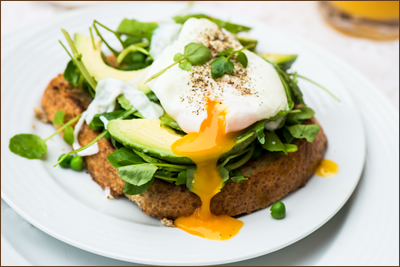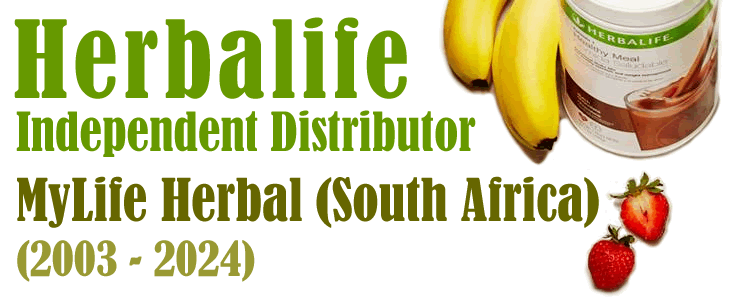10 Weight Loss Friendly Foods

Not all calories are created equal. Different foods go through different metabolic pathways in your body. They can have vastly different effects on your hunger, hormones and the number of calories you burn. Here are the 10 of the most weight-loss-friendly foods on earth that are supported by science.
1. Whole Eggs
Once feared for being high in cholesterol, whole eggs have been making a comeback. Although a high intake of eggs raises the levels of "bad" LDL-cholesterol in some people, they are one of the best foods to eat if you need to lose weight. They are high in protein and fat, and are very satiating. Eggs are also incredibly nutrient dense and can help you get all the nutrients you need on a calorie-restricted diet. Interestingly, almost all the nutrients are found in the yolks.
2. Leafy Greens
Leafy greens include kale, spinach, collards, swiss chards and a few others. They have several properties that make them perfect for a weight loss diet, such as being low in calories and carbohydrates and loaded with fibre.
Eating leafy greens is a great way to increase the volume of your meals, without increasing the calories. Leafy greens are also incredibly nutritious and very high in many vitamins, antioxidants and minerals, including calcium, which has been shown to aid fat burning.
3. Salmon
Fatty fish like salmon is incredibly healthy and very satisfying, keeping you full for many hours with relatively few calories. Salmon is loaded with high-quality protein, healthy fats and various important nutrients. Fish, and seafood in general, may also supply a significant amount of iodine. This nutrient is necessary for proper thyroid function, which is important to keep your metabolism running optimally.
Salmon is also loaded with omega-3 fatty acids, which have been shown to help reduce inflammation, which is known to play a major role in obesity and metabolic disease.
4. Cruciferous Vegetables
Cruciferous vegetables include broccoli, cauliflower, cabbage and Brussels sprouts. Like other vegetables, they're high in fibre and tend to be incredibly filling. What's more, these types of vegetables generally contain decent amounts of protein.
A combination of protein, fibre and low energy density makes cruciferous vegetables the perfect foods to include in your meals if you need to lose weight.
5. Lean Beef and Chicken Breast
Meat has been unfairly demonized. It has been blamed for various health problems despite a lack of good evidence to back up these negative claims. Though processed meat is unhealthy, studies show that unprocessed red meat does not raise the risk of heart disease or diabetes.
The truth is, meat is a weight-loss-friendly food because it's high in protein. Protein is by far the most filling nutrient, and eating a high-protein diet can make you burn up to 80 - 100 more calories per day.
6. Soups
As mentioned earlier, meals and diets with a low energy density tend to make people eat fewer calories. Most foods with a low energy density are those that contain lots of water, such as vegetables and fruits. But you can also just add water to your food, making a soup.
Some studies have shown that eating the exact same food turned into a soup rather than as solid food, makes people feel more satiated and eat significantly fewer calories.
7. Avocados
Avocados are a unique fruit. While most fruits are high in carbs, avocados are loaded with healthy fats. They're particularly high in monounsaturated oleic acid, the same type of fat found in olive oil. Despite being mostly fat, avocados also contain a lot of water and fibre, making them less energy-dense than you may think.
8. Apple Cider Vinegar
Apple cider vinegar is incredibly popular in the natural health community. It's often used in condiments like dressings or vinaigrettes, and some people even dilute it in water and drink it. Several human-based studies suggest that apple cider vinegar can be useful for weight loss.
Taking vinegar at the same time as a high-carb meal can increase feelings of fullness and make people eat 200 - 275 fewer calories for the rest of the day. One 12 week study in obese individuals also showed that 15 or 30 ml of vinegar per day caused weight loss of 1.2 - 1.7 kilograms.
Vinegar has also been shown to reduce blood sugar spikes after meals, which may have various beneficial health effects in the long term.
9. Coconut Oil
Not all fats are created equal. Coconut oil is high in fatty acids of a medium length, called medium-chain triglycerides (MCTs). These fatty acids have been shown to boost satiety better than other fats and increase the number of calories burned.
What's more, two studies, one in women and the other in men, showed that coconut oil reduced amounts of belly fat.
Of course, coconut oil still contains calories, so adding it on top of what you're already eating is a bad idea. It's not about adding coconut oil to your diet but about replacing some of your other cooking fats with coconut oil.
10. Full-Fat Yoghurt
Yoghurt is another excellent dairy food. Certain types of yoghurt contain probiotic bacteria that can improve the function of your gut. Having a healthy gut may help protect against inflammation and leptin resistance, which is one of the main hormonal drivers of obesity.
Make sure to choose yoghurt with live, active cultures, as other types of yoghurt contain virtually no probiotics. Low-fat yoghurt is usually loaded with sugar, so it's best to avoid it.

